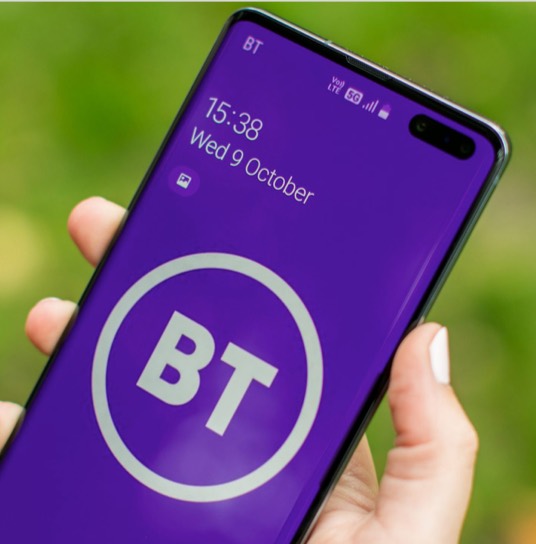Whilst some people are still unaware of what the Metaverse is, others believe that this…

The Children’s Code: Making the internet a safer place for our children
‘The Children’s Code’ came in force on 2 September 2021, introduced by Information Commissioner’s Office (ICO), as a measure used by the UK government against online harms and the risks to the privacy of minors. The code guides safeguarding the online treatment of children’s personal data. As a result, the tech giants have already modified their services.
Implementing the code is aimed to make the internet a better and safer place for children. Companies targeting children must design their services to be age-appropriate and in their best interests. They must provide a high level of privacy by default and map what personal data they are collecting from children based in the UK. They also must stop using design features that encourage them to provide more data and switch off geo-location services that track where they are based.
Social media companies have determined modifications that are aimed at improving the privacy as well as the emotional well-being of young people using their platforms. Instagram has disabled targeted adverts for under 18s and has restricted the ability of adults to message children, YouTube videos uploaded by under 18s will now be automatically defaulted to private and bedtime reminders are introduced. Whilst TikTok has decided to turn off notifications for children after a 10 pm watershed and has restricted direct messaging for under 18s.
Although the age limit of many social-media sites stands at 13 years old, many sites have much younger users. Assuring those users are of the appropriate age will play a huge part in determining whether the code is being followed correctly and how they do this is left up to the companies. The ICO will set out their position later this autumn – but it suggests some age verification methods including self-declaration, third-party age verification services and the use of artificial intelligence. Those that have breached the code will be subject to the same penalties as those who breach GDPR, which include a fine of up to 4% of global turnover.


